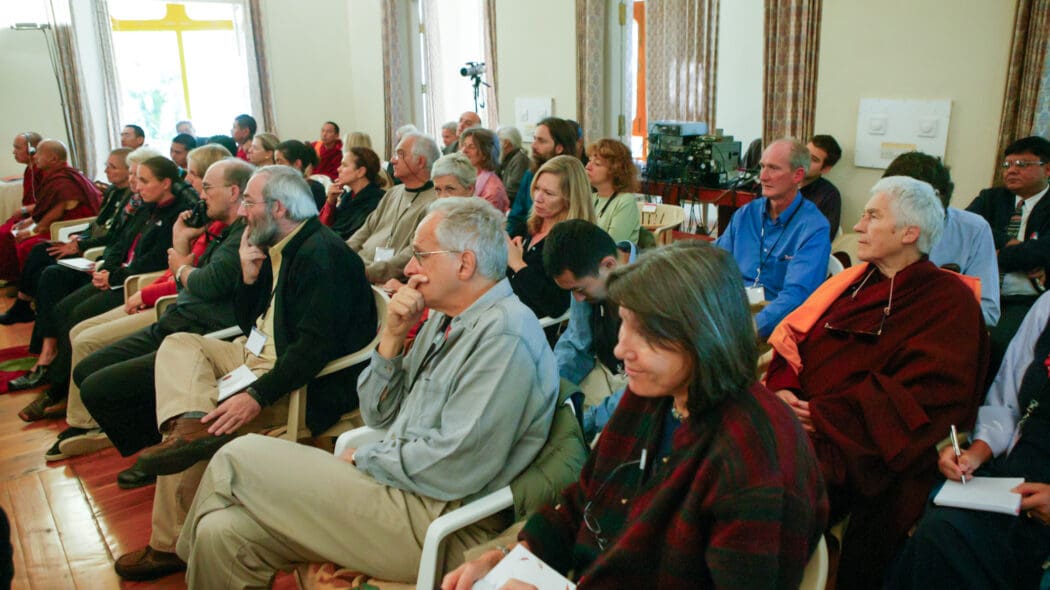Neuroplasticity
Neuroplasticity
The Neuronal Substrates of Learning and Transformation
Neuroplasticity refers to structural and functional changes in the brain that are brought about by training and experience. The brain is the organ that is designed to change in response to experience. Neuroscience and psychological research over the past decade on this topic has burgeoned and is leading to new insights about the many ways in which the brain, behavior and experience change in response to experience. This basic issue is being studied at many different levels, in different species, and on different time scales.Yet all of the work invariably leads to the conclusion that the brain is not static but rather is dynamically changing and undergoes such changes throughout one’s entire life. The scientists assembled for this meeting represent the various levels of analysis in which these questions are being pursued. Research on structural plasticity will reveal how the literal composition of the adult mammalian brain is constantly changing and will show the factors that influence these changes.
Other studies at the molecular level reveal how the chemistry of DNA can be changed by experience in ways that affect the expression of our genes. Moreover, such effects on the chemistry of DNA can be produced by social experience, which in turn modifies gene expression in ways that can persist for the duration of a lifetime. These findings have radical implications for conceptualizing the dynamic interplay between nature and nurture. At more macro levels of brain systems, research will be discussed that demonstrates how sensory, perceptual and language functions are modified by experience and how the neural systems that underlie these complex behaviors are transformed through experiential alterations that occur early in life. Emotional function is also importantly shaped by experience and adult’s social relationships are shaped in part by early life experience. The ways in which these influences occur will be discussed and the brain mechanisms that might underlie such changes will be examined. Individuals differ in their characteristic ways of reacting to emotional situations.
Such individual differences may be importantly shaped by experience and by certain types of training. The role of contemplative training in transforming the emotional mind will be considered. A major question to be pursued over the course of this meeting will be the nature of mental training and its potential impact on the brain and behavior. Mental training appears to be emphasized much more in the contemplative traditions than it is in the Western scientific tradition. Another important issue for consideration is the optimal developmental periods to intervene to produce plastic changes to promote healthy functioning. Finally, the philosophical implications of this domain of science will be considered. Specifically, how should we conceptualize the impact of voluntary mental activity as influencing brain function?
Dialogue Sessions
Participants
Honorary Board Chair
- His Holiness the Dalai Lama
Interpreters
- Thupten Jinpa
- B. Alan Wallace
Speakers
- Richard Davidson
- Fred H. Gage
- Michael J. Meaney
- Kazuo Murakami
- Helen J. Neville
- Matthieu Ricard
- Philip R. Shaver
- Evan Thompson













